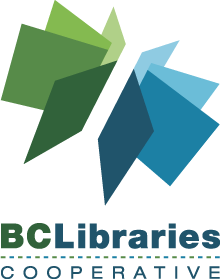This document was created (January 10, 2023) to help BC Libraries Cooperative develop accessible documents, and is being shared here as a resource for when LibPress creates documents as PDFs for their LibPress sites.
Checklist
- Ensure that you’ve formatted your document using the styles options.
- Use style options to make any changes to the font and structure of your document.
- Ensure that you’ve added headings to your document.
- Use the styles pane to define your text’s headings (levels 1-9), following the rule of hierarchy.
- Use accessible font attributes (make any changes using the document styles option).
- Use a larger font size (12 points minimum).
- Use a sans-serif font (like Arial or Verdana).
- Use dark font on a light background (or vice versa).
- Align-left your text.
- Limit or avoid the use of all caps.
- Ensure that your hyperlinks are informative and describe where they will take users.
- Edit any links that use “click here,” “read more,” etc.
- If your document is a physical handout, use the simplest version of the URL you can.
- Correctly format lists in your document.
- Do not create lists manually (or on your own). Use the bullets or numbering options in the toolbar.
- Make your tables accessible.
- Only use tables when you have data that needs to be presented in that format (don’t create page layouts with tables).
- Define the header row.
- Do not use colour only to convey meaning.
- Do not leave any cells, rows, or columns empty (add N/A or a dash to empty cells).
- Include a caption and title for your table to provide more information and explain what the table is for.
- Do not merge or split table cells.
- Add alt text and captions to images, gifs, charts, etc.
- Define the language of your document and/or chunks of text that are in a different language.
- Consider the colour contrast ratio in your document.
- Check to ensure your document is accessible!
- Use this checklist and, if working in Word, the Microsoft accessibility checker.
For more information, go to the Accessible Libraries Checklist: Creating Accessible Documents training resource.
